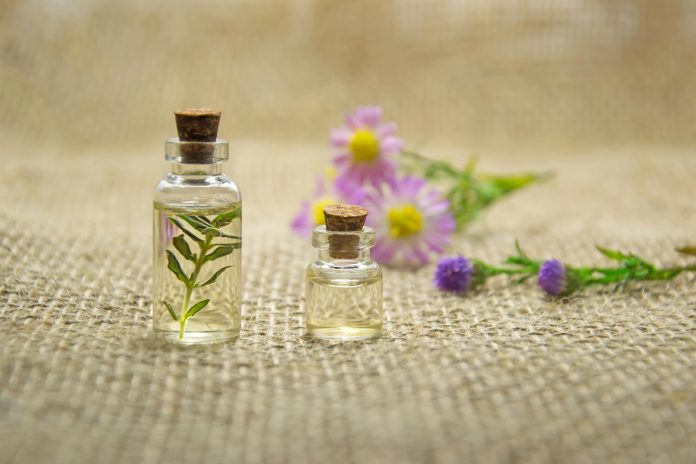In the realm of natural remedies for hair care, essential oils stand out as potent elixirs with a myriad of benefits. From stimulating growth to nourishing the scalp, essential oils offer a holistic approach to achieving luscious locks. In this comprehensive guide, we delve into the multifaceted uses and advantages of incorporating essential oils into your hair care routine.
Encouraging Hair Growth and Thickness
Essential oils such as rosemary, peppermint, and cedarwood are renowned for their ability to promote hair growth and increase hair thickness. These oils work by improving blood circulation to the scalp, thereby nourishing hair follicles and encouraging healthy growth. Regular massage with these oils can result in fuller, more voluminous hair over time.
Strengthening Hair Strands and Preventing Breakage
Weak hair strands are prone to breakage and split ends. Essential oils like lavender, clary sage, and ylang-ylang possess strengthening properties that fortify the hair shaft, reducing breakage and promoting overall hair resilience. Incorporating these oils into your hair care regimen can help maintain strong, healthy strands.
Hydrating and Conditioning the Scalp
A dry, itchy scalp can lead to discomfort and dandruff. Essential oils such as coconut, jojoba, and argan oil are rich in vitamins and fatty acids that nourish and moisturize the scalp, alleviating dryness and promoting scalp health. These oils also help maintain the scalp’s natural pH balance, preventing excessive oiliness or dryness.
Soothing Scalp Irritation and Reducing Inflammation
Essential oils possess anti-inflammatory and antimicrobial properties that make them effective in soothing scalp irritation and reducing inflammation. Tea tree oil, in particular, is renowned for its antifungal properties, which help combat dandruff and other scalp conditions. Other oils like chamomile and peppermint can also provide relief from itching and redness.
Fun Fact : Essential oils are the highly concentrated version of plant extracts. To obtain the oil, different plant parts like roots, stems, barks, or leaves undergo distillation. Essential oils do not contain fatty acids like regular oils. Therefore, they aren’t considered oils.
Balancing Sebum Production
Excessive sebum production can lead to oily scalp and hair, while insufficient sebum can cause dryness and flakiness. Essential oils such as lemon, geranium, and rosemary help regulate sebum production, balancing oil levels on the scalp and maintaining a healthy scalp environment. This can prevent issues like greasy roots or dry scalp.
Enhancing Hair Texture and Shine
Essential oils can improve the texture and appearance of hair by smoothing the hair cuticle and adding shine. Oils like argan, lavender, and rosehip penetrate the hair shaft, hydrating and nourishing the hair from within. This results in softer, smoother hair with a healthy shine.
Reducing Stress and Promoting Relaxation
Beyond their physical benefits, essential oils offer aromatherapy benefits that can help reduce stress and promote relaxation. Incorporating calming oils such as lavender or bergamot into your hair care routine can create a spa-like experience, enhancing your overall well-being while caring for your hair.
Conclusion
Essential oils represent nature’s gift for achieving optimal hair health and vitality. Whether you’re looking to stimulate growth, nourish the scalp, or enhance hair texture, there’s an essential oil to suit your needs. By incorporating these potent elixirs into your hair care routine, you can unlock the full potential of your locks and embrace a holistic approach to hair care.
Similar FAQ
Can essential oil be used on hair?
Essential oils can be extremely helpful in hair care as they influence the sebaceous glands and can normalize their functions.
What is called essential oil?
Essential oils are aromatic, volatile liquids obtained from plant material through steam distillation and named after the plant from which they are derived.
How long do essential oils last?
Many essential oils will last about 2–5 years if stored in closed, dark glass bottles kept out of direct light and heat.
Can I mix essential oils with water?
Diluting essential oils with water is not recommended.

